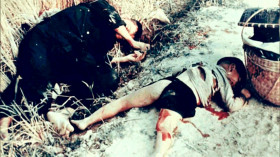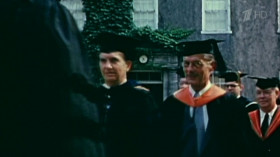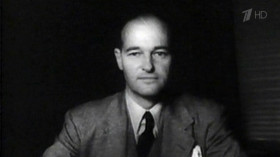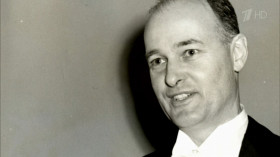Freelance journalist S. Hersh in nov. 1969 broke the news that a year and a half earlier US forces had massacred up to 500 civilians in the village of My Lai nicknamed Pinkville for its strong enemy sympathies. Babies, pregnant women and old people had been scalped and mutilated as command of the situation broke down. Not a single shot had been clearly fired at US forces. Indicative of the growing dehumanization of this time, and resembling US attitudes towards the Japanese in WW2 65% of Americans told pollsters they were not bothered by the news of massacre. The only officer found guilty was given a partial pardon by Nixon public opinion strongly in favor.
It was the American war against the poor of the earth, the most easily killed, the collateral damage. As was asked at the beginning, was it really about fighting communism or was it a misunderstood or disguised motivation? It was George Kennen, America's leading early cold war strategist, who went to the heart of the matter in a memorandum written in 1948: 'with 50% percent of the world's wealth but only 6.3% of its population, we cannot fail to be the object of envy and resentment. Our real task is to devise a pattern of relationships which will permit us to maintain this position of disparity. To do so, we will have to dispense with all sentimentality, and daydreamings. We should cease to talk about vague and unreal objectives such as human rights, the raising of the living standards and democratization. We are going to have to deal in straight power concepts. The less we are then hampered by idealistic slogans, the better.'








